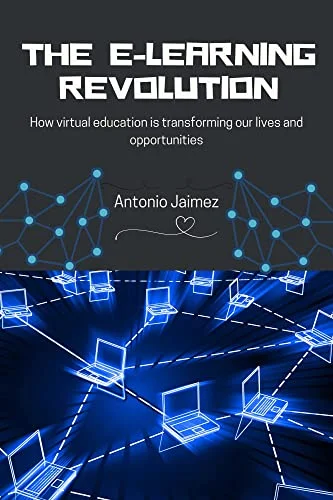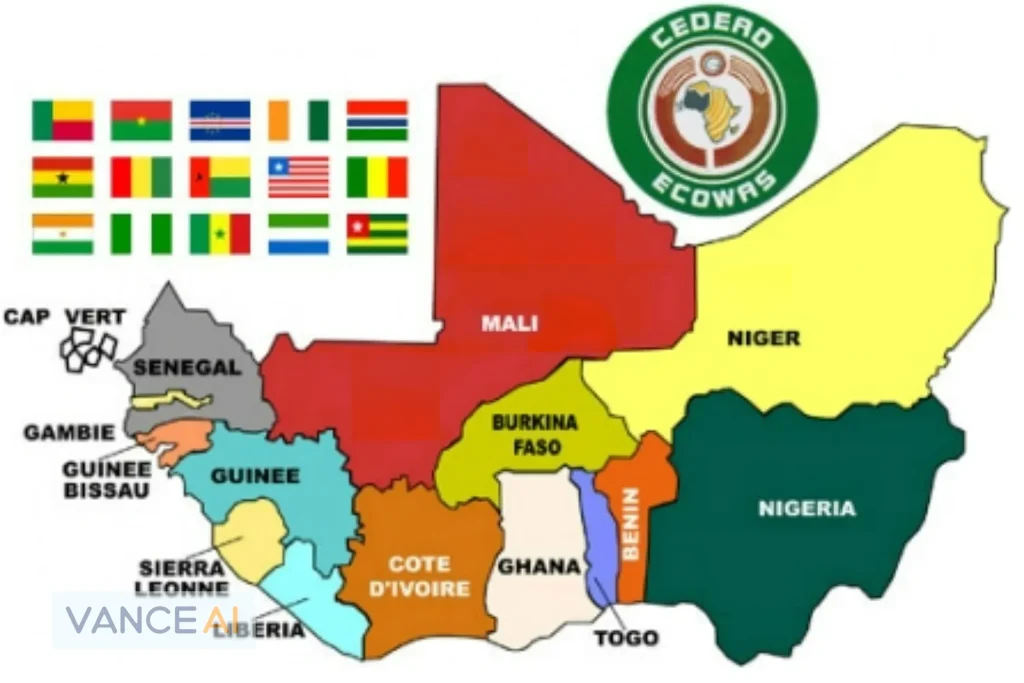Nigeria, with its population of over 200 million, faces significant challenges in providing quality education to its citizens. Overcrowded classrooms, teacher shortages, and inadequate infrastructure have long plagued the country’s educational system. However, in recent years, Nigeria has been witnessing an e-learning revolution that’s reshaping the educational landscape and providing innovative solutions to these persistent challenges.
The COVID-19 pandemic served as a catalyst for this e-learning boom, forcing educational institutions to explore remote learning options. But even before the pandemic, Nigerian entrepreneurs had recognized the potential of technology to address the country’s educational gaps. Today, a growing ecosystem of e-learning platforms is emerging, offering everything from basic primary education to specialized professional courses.
One of the pioneers in this space is Tuteria, a platform that connects learners with qualified tutors for in-person and online lessons. Founded by Godwin Benson, who won the Royal Academy of Engineering’s Africa Prize for Engineering Innovation in 2017, Tuteria is addressing the shortage of quality teachers in many parts of Nigeria. The platform vets tutors rigorously, ensuring that students have access to competent instructors across a wide range of subjects.
Another notable player is uLesson, founded by Sim Shagaya, a serial entrepreneur known for creating some of Nigeria’s most successful tech companies. uLesson offers video lessons, live classes, and practice tests for secondary school students, accessible via a mobile app. The platform’s success lies in its ability to provide high-quality, curriculum-aligned content that supplements classroom learning.
For higher education and professional development, platforms like Edutech and NewGlobe are making significant strides. These companies offer a range of online courses and training programs, helping Nigerians acquire new skills and improve their employability in an increasingly competitive job market.
The impact of these e-learning initiatives extends beyond just providing access to education. They’re also addressing quality issues in the Nigerian educational system. By leveraging technology, these platforms can offer standardized, high-quality content to students across the country, helping to bridge the urban-rural education divide.
Moreover, e-learning is proving to be a powerful tool for inclusivity. Students with disabilities, those in remote areas, and even adults who missed out on formal education now have unprecedented access to learning opportunities. This democratization of education has the potential to drive significant social and economic development in Nigeria.
However, the e-learning revolution in Nigeria is not without its challenges. Limited internet connectivity and the high cost of data are significant barriers, especially in rural areas. Many students lack access to smartphones or computers, which are necessary for most e-learning platforms. To address this, some companies are exploring offline solutions, such as preloaded tablets or SD cards containing educational content.
There’s also the challenge of digital literacy. Many students and even teachers are not familiar with online learning tools and platforms. This necessitates investment in digital skills training to ensure that e-learning solutions are effectively utilized.
Despite these challenges, the potential of e-learning in Nigeria is enormous. The sector is attracting significant investment, with Nigerian edtech startups raising millions of dollars in funding. This influx of capital is driving innovation and enabling these companies to expand their reach and improve their offerings.
The Nigerian government has also recognized the potential of e-learning. In response to the COVID-19 pandemic, the Federal Ministry of Education launched several initiatives to promote remote learning, including educational radio and TV programs. While these efforts are commendable, there’s a need for more comprehensive policies to support the growth of the e-learning sector and ensure that its benefits reach all Nigerians.
Looking ahead, the future of e-learning in Nigeria appears promising. As internet penetration increases and smartphones become more affordable, the reach of these platforms is set to grow. Emerging technologies like artificial intelligence and virtual reality could further enhance the e-learning experience, offering personalized learning paths and immersive educational experiences.
The e-learning revolution in Nigeria is more than just a technological shift; it’s a transformation of the entire educational ecosystem. By leveraging technology to overcome traditional barriers to education, Nigerian edtech companies are not just building successful businesses; they’re contributing to the development of human capital that is crucial for Nigeria’s future prosperity.
As Nigeria continues to grapple with its educational challenges, the e-learning sector stands as a testament to the power of innovation in addressing development issues. It demonstrates that with the right mix of entrepreneurial spirit, technological innovation, and supportive policies, even the most entrenched challenges can be overcome. The e-learning revolution is rewriting the story of education in Nigeria, promising a future where quality education is accessible to all, regardless of their location or socioeconomic status.























